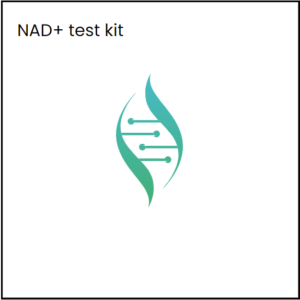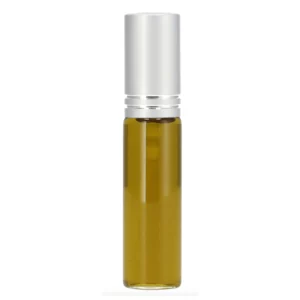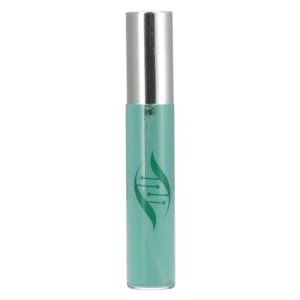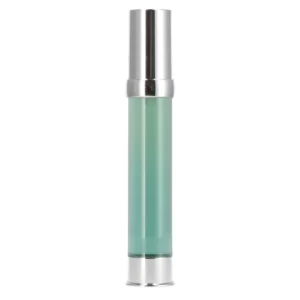A beautiful milestone in a woman’s life – pregnancy. No matter how easily it passes, the woman’s body is depleted. This is mainly due to the lack of nutrients in the body of a pregnant woman.
Are there side effects for pregnant women if they consume spirulina?

So, first, let’s figure out what is spirulina? Spirulina is a type of blue-green algae that has long been used for food and healing the human body. The composition of spirulina includes easily digestible murein, alginates (biocompatible acidic polysaccharides that can cleanse the body of radionuclides and heavy metals), easily digestible proteins, and other useful substances. In addition, spirulina biomass is low in calories (only 35 calories per 10 grams) and contains many beneficial properties and minerals.
For example, spirulina contains:
- phycocyanin, which prevents or slows down the development of malignant tumors, has immunomodulatory properties, activates lymphocytosis, and is involved in the synthesis of most enzymes;
- enterosorbent alginates;
- immune polysaccharides capable of activating human monocytes and macrophages, increasing the synthesis of beta-interleukin RNA and tumor necrosis factor;
- vitamin F, beta-linolenic acid, which promotes the formation of prostaglandin, gamma-linolenic acid, a precursor of prostaglandins, affects the potency, libido, milk production of lactating women, the development of brain tissue;
- vitamin E, stimulates the immune system, regulates the activity of enzymes;
- sulfate cephalothin – an antigen in the fight against AIDS; sulfolipid, which activates the immune system;
- cholinesterase;
- mannitol;
- poliosis enzymes – counteraction to radiation damage to cells;
- oxide dismutase, capable of absorbing free radicals;
- an unidentified substance – a “growth control factor” that controls the processes of growth and development of cells;
- nuclein;
- phenols;
- folacin;
- siderochromes, antioxidants, and other substances.
As you can see, there are no substances in spirulina that can cause side effects in pregnant and lactating women. Remember if taken, you should observe the reaction of the child and, of course, your condition. Be healthy and contribute to the improvement of the functions of your body!






